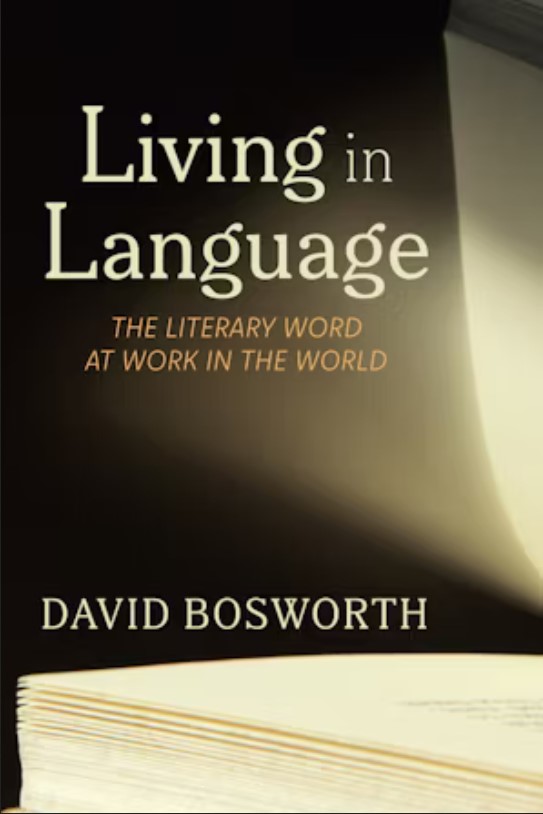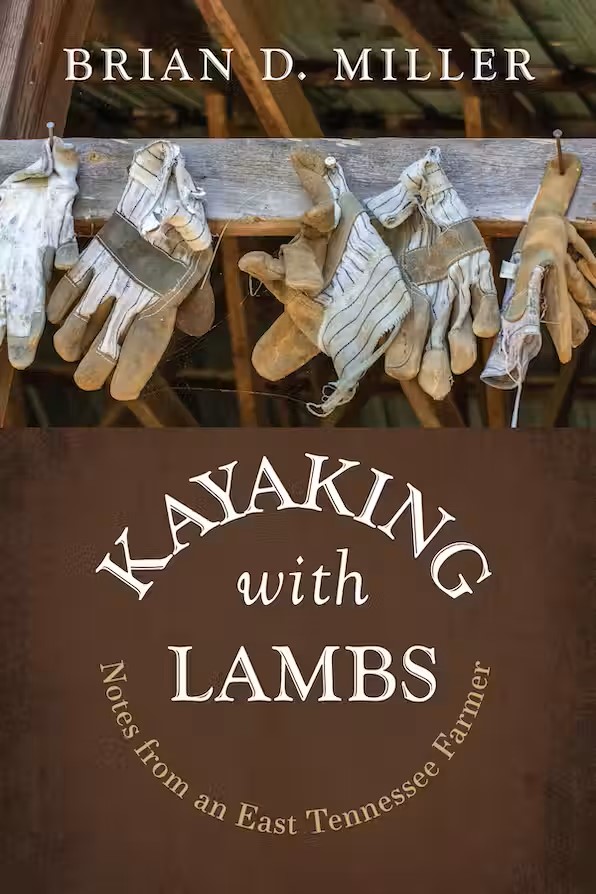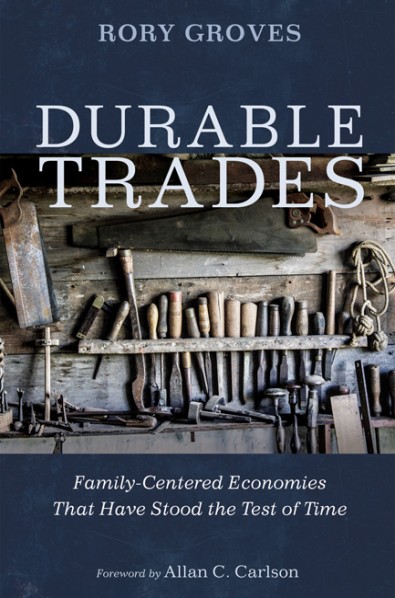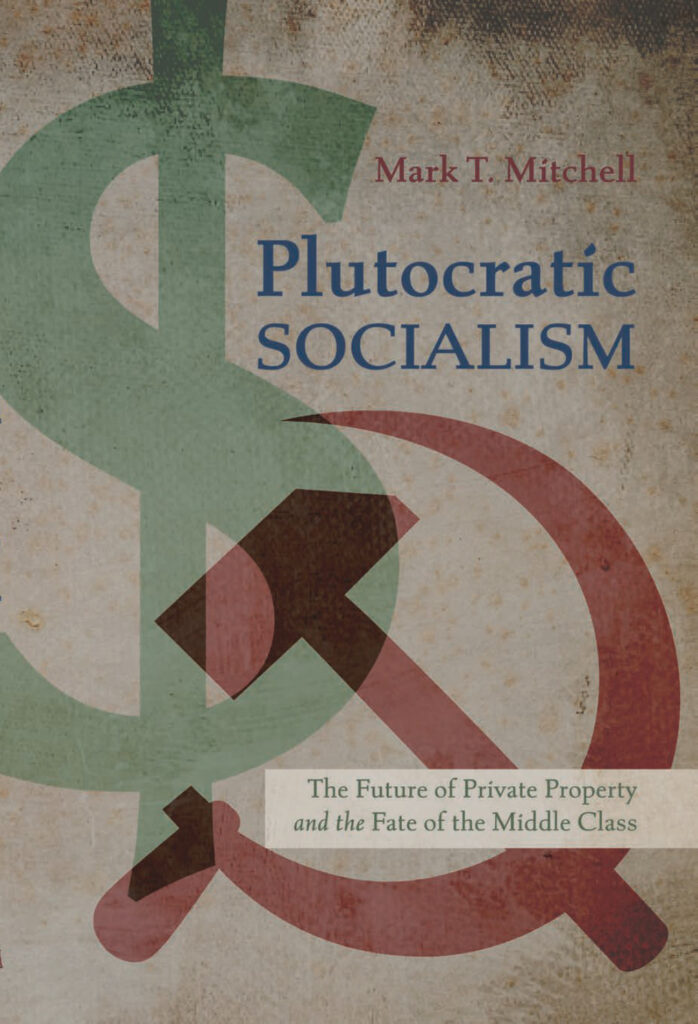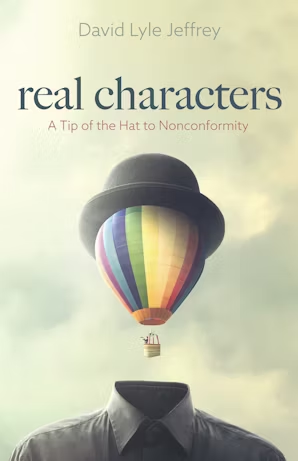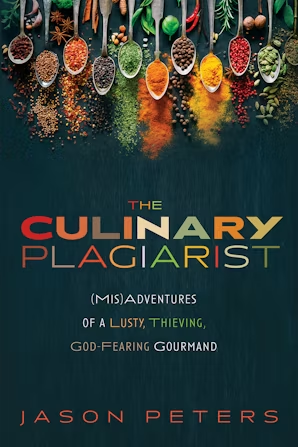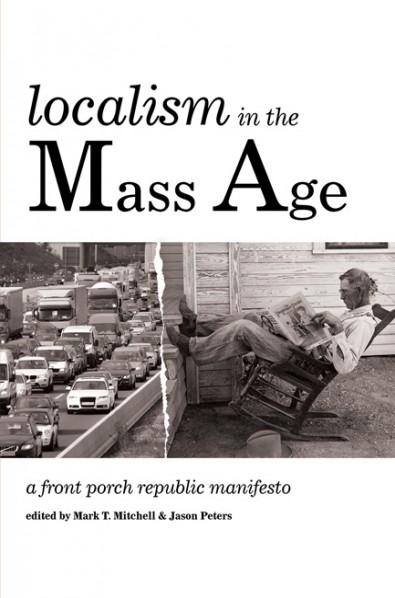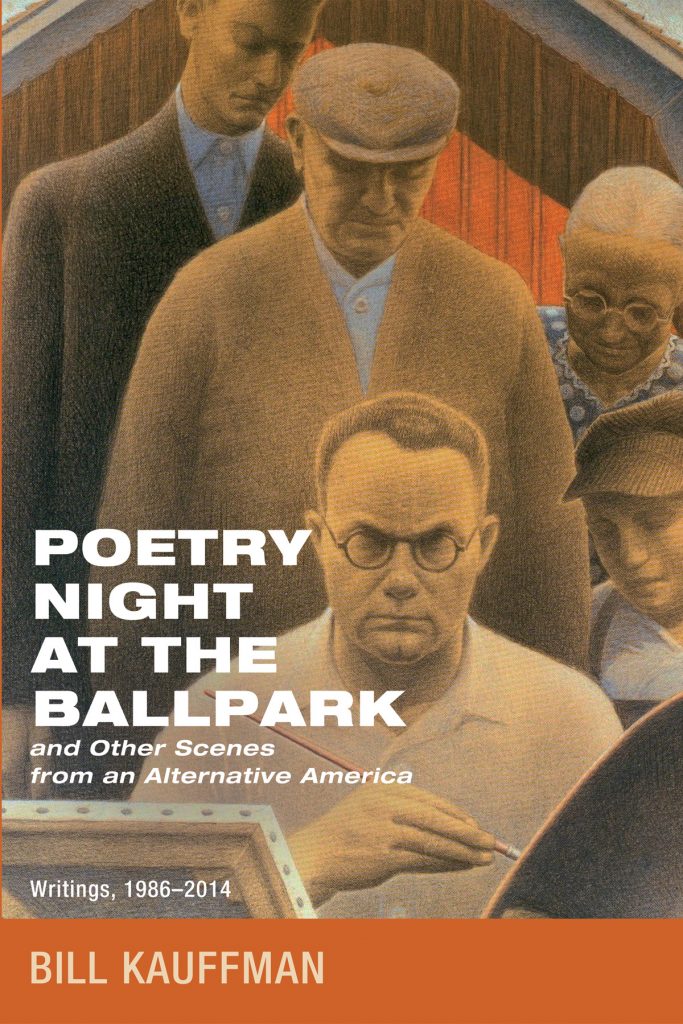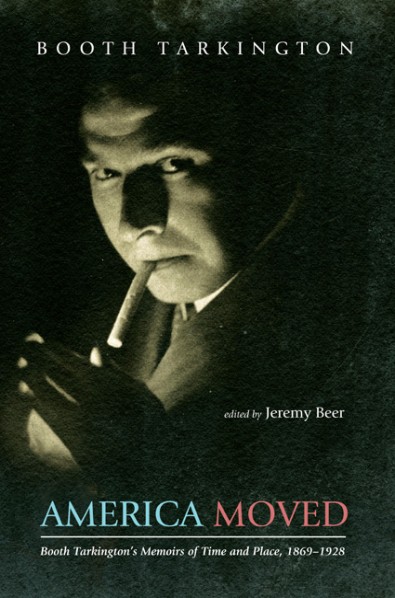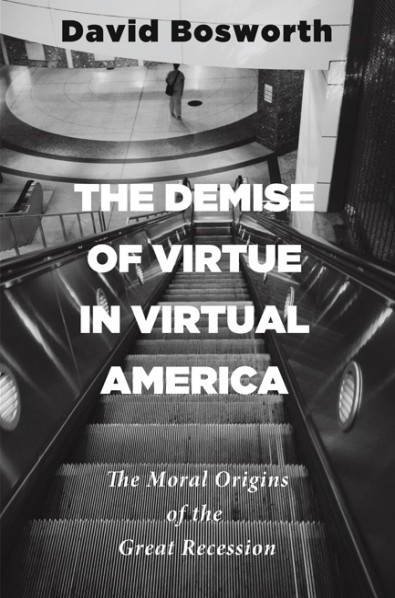Launched in 2014, Front Porch Republic Books publishes works about place, localism, community, decentralism, and conservation. Titles include significant works on politics, economics, and culture, as well as new editions of previously published works that deserve a new audience. Other titles provide practical advice on how to enact and embody a localist ethic. FPR Books’ editor is Jason Peters, and its editorial advisory board includes such prominent public figures as Andrew Bacevich, Rod Dreher, Richard Gamble, and Walter McDougall. Book proposals may be sent to Jason Peters. If you’re interested in other books written by FPR authors (and in supporting FPR with your book purchases), you can browse our page at Bookshop.
In Living in Language, David Bosworth makes a compelling case for the power and relevance of the literary imagination throughout history. In a series of essays both lyrical and analytical, he examines how certain works have engaged the most pressing problems of their authors’ ages even as they illuminate challenges that still haunt the world. The topics addressed are rich and various: the evolutionary significance of metaphorical reasoning; how Hitler’s infatuation with an opera’s plot predicted the arc of his horrific reign, even as his victims employed the power of narrative to endure his crimes; the ways in which Melville’s late fiction foresaw the sources driving America’s current cultural crisis; and how, in probing his era’s political turmoil, Shakespeare’s plays supply clues to resolving the current era’s. From the spiritual quest of a musical prose to the cinematic craft of amending America’s foundational story; from the myth of the Fall to novels that probe the Internet’s impact on our lives today, Bosworth reveals how the literary imagination honors the “living” prescribed by the human predicament, evoking its beauty while never stinting on its uncertainties, cruelties, and pain.


